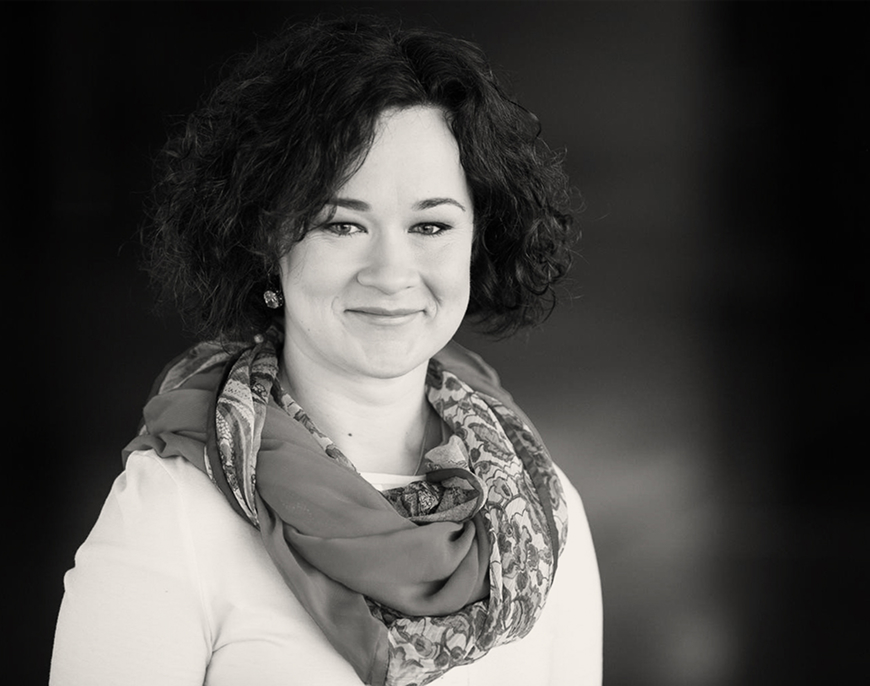Milda Autukaitė
The problem can sometimes be very friendly people

From a personal collection
A conversation about unconscious dynamics with organisational psychologist Milda Autukaitė
An effective team is every leader’s dream. Yet, too often, people start worrying about team dynamics only when things go wrong — when teams unravel, projects stall, or conflicts erupt. In truth, team building is a continuous craft, one that requires steady tending — and sometimes, help from outside.
We spoke with Milda Autukaitė, organisational psychologist, lecturer at Vilnius University, and keynote speaker at @Shibui, about group dynamics, leadership, and the transformation of organisational culture.
How teams blind themselves to their own culture
“Mature teams have the ability to look closely at the culture they’ve created — to notice how they’re working together,” Milda explains. “Relationships are crucial to effective work. All organisations want to be efficient, but in the rush of daily life, these conversations fall away. People only return to them when problems erupt. But in reality, there’s always something to explore: what’s stuck, what could improve, how we’re feeling.”
Learning through lived moments
So how do @Shibui and Milda help?
“We run experiential sessions, where we simulate scenarios that could realistically unfold in the organisation. It’s a way to observe people’s reactions, their behaviour, and to unpack it together.
People quickly realise their familiar patterns surface in these simulations — and we create a safe space where they can pause, reflect on their own and others’ responses, name them, and decide what to do next.”
These sessions let teams explore the deeper layers of their culture, the ones often buried in the rush of work. With a consultant guiding the process, the atmosphere feels structured, purposeful — and hopeful.
“It’s also just engaging,” Milda smiles. “People get hooked; there’s a real sense of curiosity.”
No template fits all
For these sessions to succeed, careful preparation is key.
“I always begin with an initial analysis — what outcome is the client hoping for? Sometimes I have to say outright, ‘That can’t be achieved in two days.’ And then we work together, doing the homework, involving the organisation at every step.”
Organisations come to Milda and @Shibui for many reasons: when teams fall apart, when motivation drops, when big change hits — like restructuring or a new identity. Some teams even book sessions routinely, understanding their role in growth. And sometimes? It’s just about doing something meaningful together.
When ‘too friendly’ becomes a problem
Sessions often reveal unexpected roadblocks.
“Even overly friendly relationships can become a business challenge. When people are too close, it becomes hard to voice anything negative.”
A method rooted in Tavistock wisdom
Milda’s approach draws deeply from the Tavistock Institute of Human Relations in the UK — particularly its group relations conferences, a methodology she’s worked with both as a participant and a leader.
The idea? A conference becomes a temporary, living organisation. Participants step into roles, navigate all the stages — from founding to closure — and in doing so, learn volumes about themselves.
“It’s a safe, fascinating laboratory — a space of learning where profound personal insights emerge. It’s perfect for anyone who wants to thrive professionally,” Milda explains.
